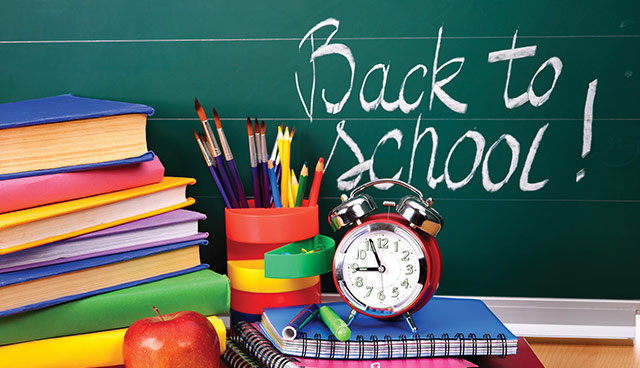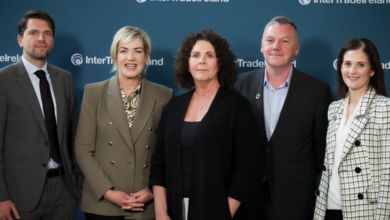The baptism barrier


In September Education Minister Richard Bruton launched his Admission to Schools Bill aimed at banning waiting lists, admission fees and explicit discrimination but its critics have pointed to an omission of addressing religious discrimination in the admissions policies of most State-funded schools.
The changing demographic of Ireland, particularly in densely populated urban areas, means that there are obvious religious inequalities in the admissions process of the education system. Currently around 96 per cent of schools in Ireland are run by religion, over 90 per cent controlled by the Catholic Church. However, as Ireland becomes home to a wider range of ethnicities and religions and witnesses a decline in the number of practising Catholics, there has been long-standing calls for reform of the education admission process. The last census revealed that between 1991 and 2011 the total percentage of Catholics in Ireland fell from 92 per cent to 84 per cent.
In 2015, a study carried out by an Ipsos MRBI “Family Values” poll on behalf of The Irish Times revealed that 93 per cent of Irish parents with young children have had them christened, however, only 81 per cent said their child believed in God, 36 per cent said that they brought their child to mass regularly and only 35 per cent said that they pray with their children. One reason suggested for the huge percentage gap between children christened and those regularly practising their faith by attending mass is the advantage of being baptised when entering Ireland’s education system.
Article 44.2.4 of the Irish Constitution states that every child has the right to attend a State-funded school, even if opting out of religious instruction. “Legislation providing State aid for schools shall not discriminate between schools under the management of different religious denominations, nor be such as to affect prejudicially the right of any child to attend a school receiving public money without attending religious instruction at that school,” it reads.
However, Section 7(3)(c) of the Equal Status Act 2000 states that a denominational school can “admit persons of a particular religious denomination in preference to others”. Given the dominance of Catholic schools in Ireland, the Act essentially means that non-baptised children are at a severe disadvantage when trying to access the education system.
This fault was recognised by the then Education Minister Ruairí Quinn back in 2012 under the Forum on Patronage and Pluralism report, which aimed for greater equality. The report suggested a phased divestment process to change the patronage of schools and suggested 50 schools in phase one. At the end of the last school year there were just eight schools created under the process, with two set to open this month in Dublin and Mayo.
The problem lies in a reluctance by the Catholic Church to hand over prime property. As well as local opposition to divestment away from the Catholic Church, properties that were handed over were often old and in need of renovation. Despite Quinn requesting that bishops offer “sufficient school accommodation to cater for at least one full-stream”, instead the Department of Education has been forced to move for temporary accommodation for a single year of students in most cases.
In June, Minister for Education Richard Bruton announced, under the Programme for Government, plans to speed up the reform of education admission and create 400 more multi-denominational schools before 2030. The magnitude of the task lies in the maths done by The Journal.ie. In a recent education series they stated that excluding the 136 multi or inter-denominational national schools currently in Ireland, to reach the target the Government will have to open 18 schools a year for the next 15 years.





